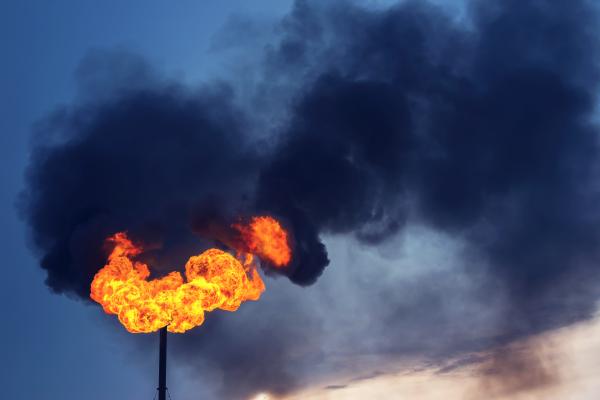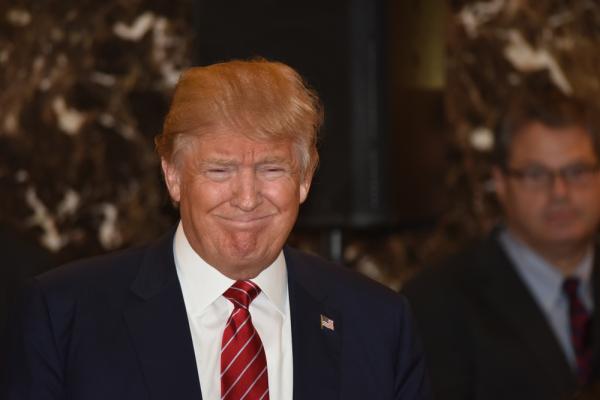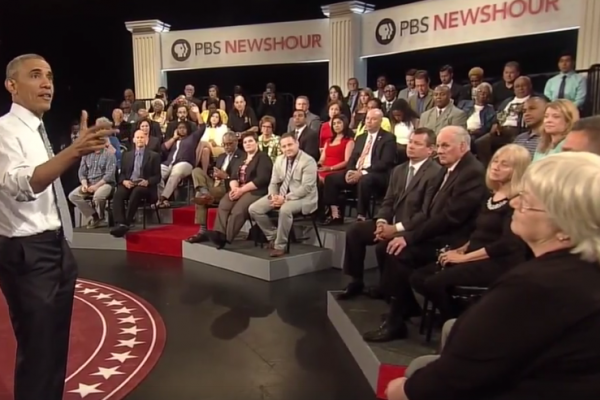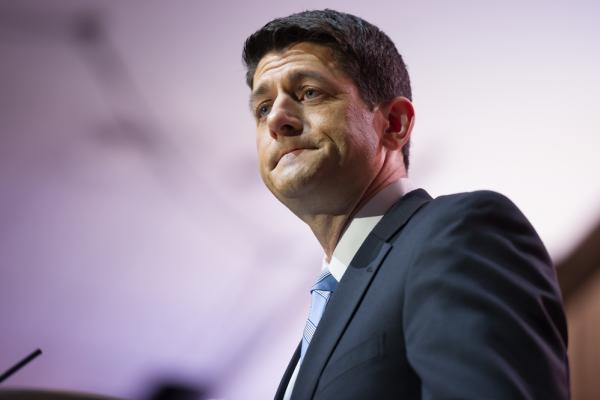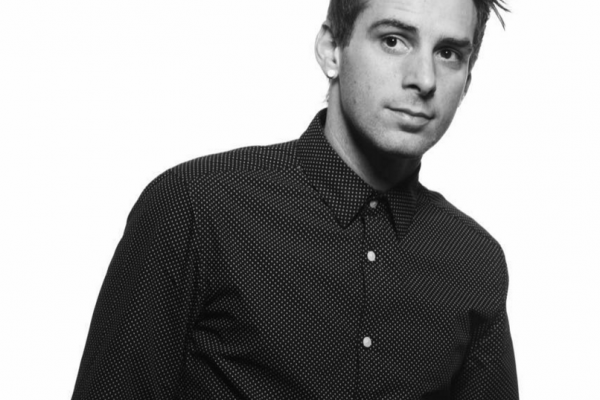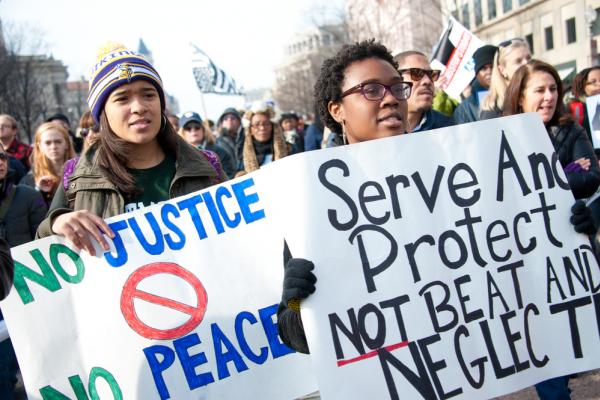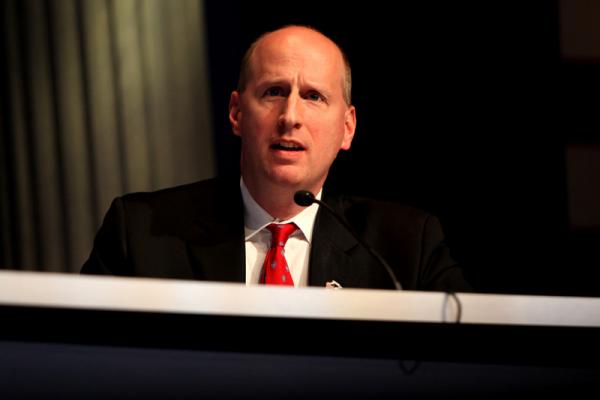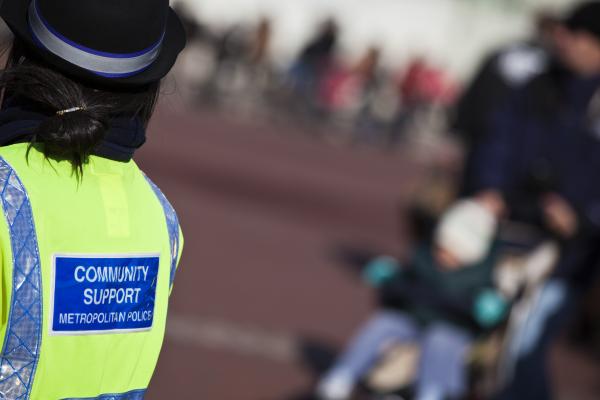When it comes to climate change and protecting our communities’ health, time is of the essence. Each day of inaction, we allow more methane to pollute the air. By acting now, we can stop another case of cancer or asthma. We can better follow our Genesis call to till and keep the earth, and be better stewards of the fragile web of life depending on a stable climate. Our communities and God’s precious creation can't afford to wait.
Donald Trump continued his streak of racist comments on June 2, this time taking aim at a federal judge.
"People who we know have been on ISIL websites, U.S. citizens, and we’re allowed to put them on the no-fly list when it comes to airlines but because of the National Rifle Association I cannot prohibit those people from buying a gun. This is somebody who is a known ISIL sympathizer, and if he wants to walk into a gun store or gun show right now and buy as many weapons and ammo as he can, nothing’s prohibiting him from doing that, even though the FBI knows who he is. So sir, I just have to say respectfully, that there is a way for us to have common sense gun laws."
Speaker of the House Paul Ryan plans to vote for Donald Trump, he announced in an op-ed for his local Wisconsin paper.
Pastors Frederick Haynes and George Mason both lead Baptist churches in Dallas, but they had never met until the not-guilty verdict in the death of Florida teen Trayvon Martin brought them together in 2013.
Now the two men — one the leader of a predominantly black megachurch, the other of a mostly white congregation — have signed a “covenant of action” spearheaded by former President Jimmy Carter.
So the story, as presented, has been either one of the downfall of a Cinderella sports team or one of political hypocrisy. And left behind are the stories of women whose lives were forever changed and subsequently ignored, first by the administration and now by the media.
Counseling a gay person to deny his same-sex attraction, to marry a woman, to raise children with her; and then to condemn him when he discovers years later what a futile plan that was — this is not the kingdom of God. What it is is the kingdom of a particular interpretation of the Bible, the kingdom of a theological system turned in on itself, of religious people who, like the older brother in Jesus' story of the Prodigal, refuse to believe that God could be so extravagant with grace.
There is change for racial justice and equity in the air in Boston, to an extent that I previously only hoped for but could not heretofore have envisioned. And as I look ahead to attending Sojourners’ upcoming leadership Summit, which focuses on the intersections and implications of race across numerous justice issues, I expect and pray for change to be in the air in D.C., and that the same winds may fill our sails in June.
If some political conservatives are appalled that Donald Trump is now the presumptive Republican presidential nominee, many social conservatives — especially evangelical Christians who are the soul of the movement — have been practically gnashing their teeth over the stunning success of the brash New York real estate magnate.
“We believe in the value, power, and potential of training to produce more effective, more capable, and better police officers,” the Ferguson Commission wrote. I believe in this, too. And I believe that investing in a better police force may yield a future where “liking the police” is no longer a privilege, but the norm.
